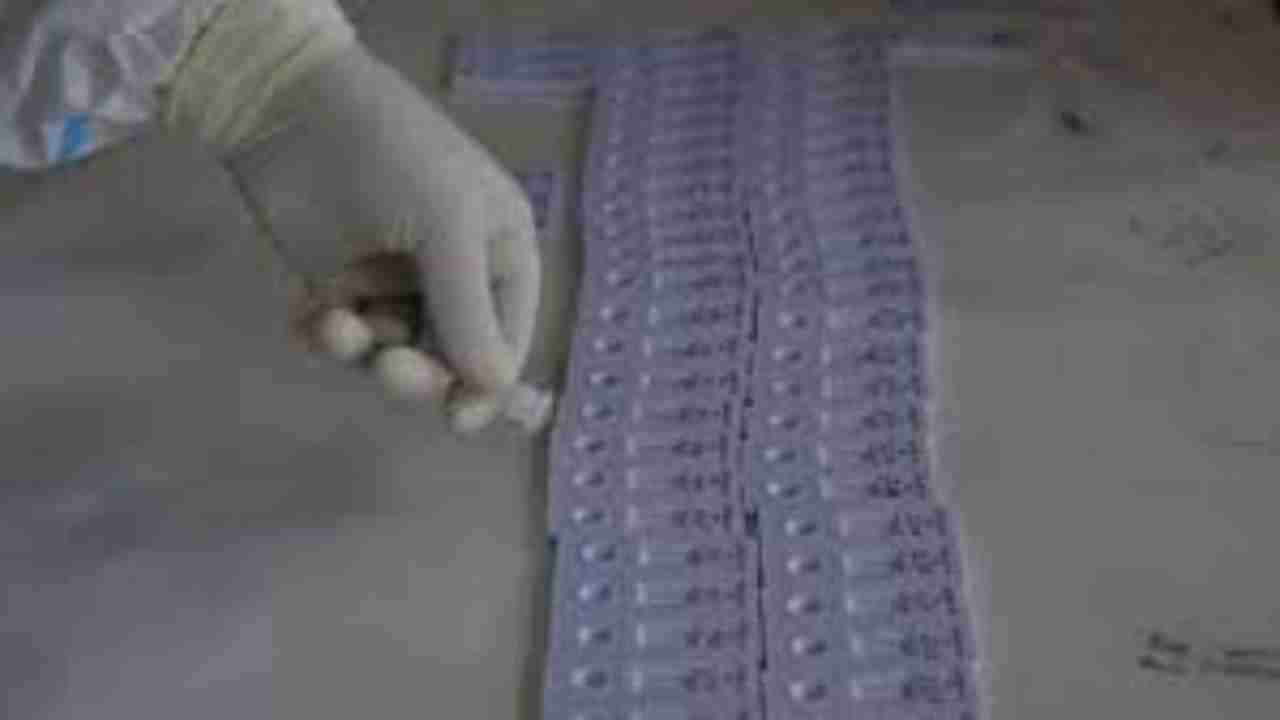About 23.48 percent of the people in densely-populated Delhi have developed anti-bodies for coronavirus, a study commissioned by the Union Ministry of Health and Family Welfare revealed on Tuesday. The results came out after the Sero Survey conducted by the National Center for Disease Control (NCDC).
As per the results, a considerable number of infected persons in Delhi remains to be asymptomatic. The study was conducted from June 27, 2020, to July 10, 2020.
“The results of the sero-prevalence study show that on average, across Delhi, the prevalence of IgG antibodies is 23.48 percent. The study also indicates that a large number of infected persons remain asymptomatic,” the ministry said in a statement.
“However, a significant proportion of the population is still vulnerable. Therefore, the containment measures need to continue with the same rigour. Non-pharmacological interventions such as physical distancing, use of face masks or cover, hand hygiene, cough etiquette and avoidance of crowded places, etc., must be followed strictly,” it added.
It is one of the largest sero-prevalence studies conducted in the country using the ELISA testing.
“This is suggestive of infection during mid-June, and since then, we have seen a decent increase in the number of cases. That means more people are exposed to the virus, and the disease prevalence could be higher,” said Jugal Kishore, head of the community medicine department of Safdarjung Hospital.
This test is not a diagnostic test, but only provides information about past infection due to SARS-CoV-2 in individuals who test positive.
For all the eleven districts of Delhi, survey teams were formed, blood samples were collected from selected individuals after taking written informed consent, and then their sera were tested for IgG antibodies and infection using ‘COVID KAVACH ELISA’ approved by the Indian Council for Medical Research.
According to the Indian Council of Medical Research (ICMR), IgG is the most common antibody in blood and other body fluids that the immune systems produce to protect against bacterial and viral infections and allergens. IgG can take time to form after an infection, and is useful in detecting a past infection.


















